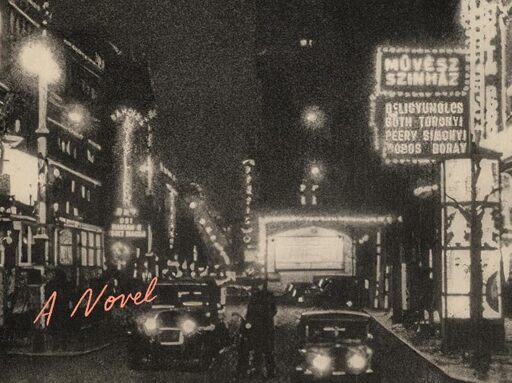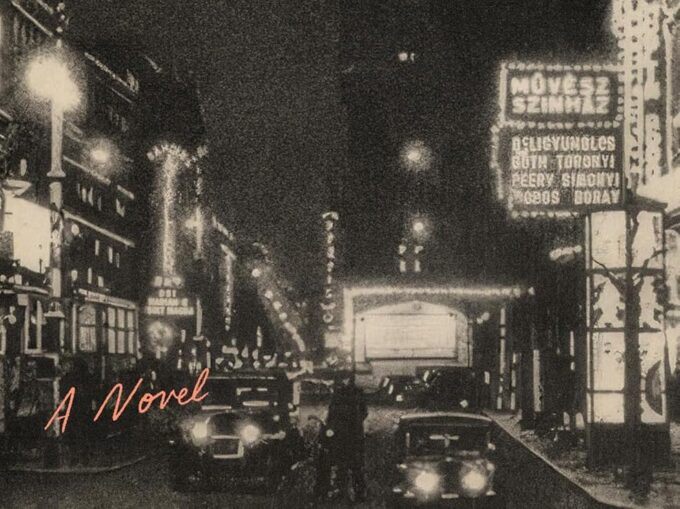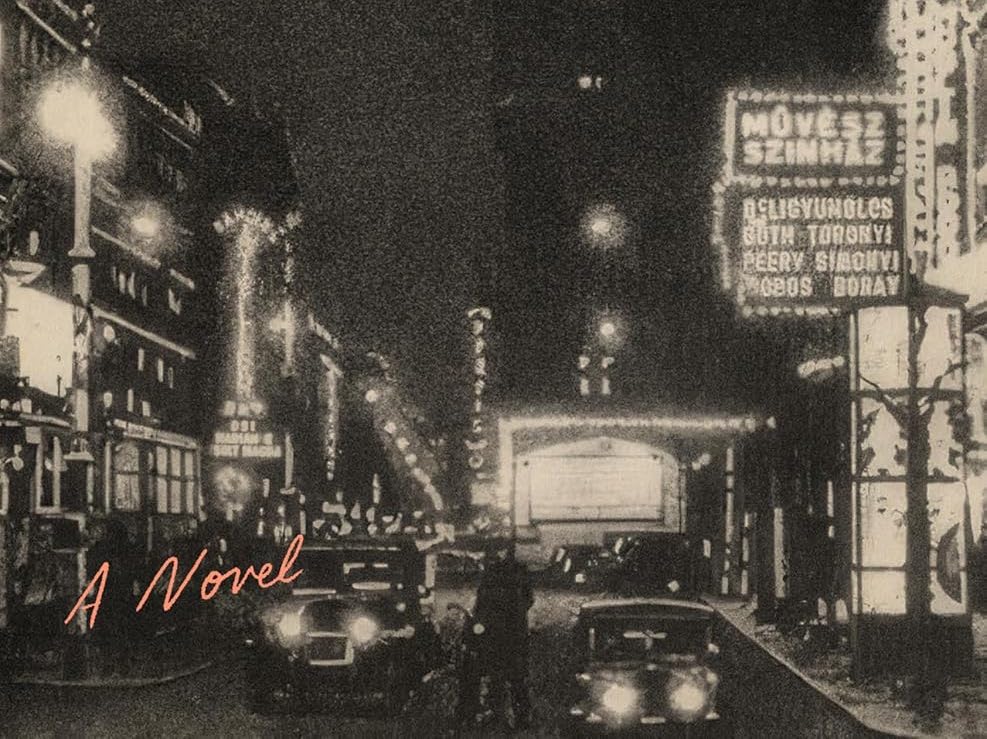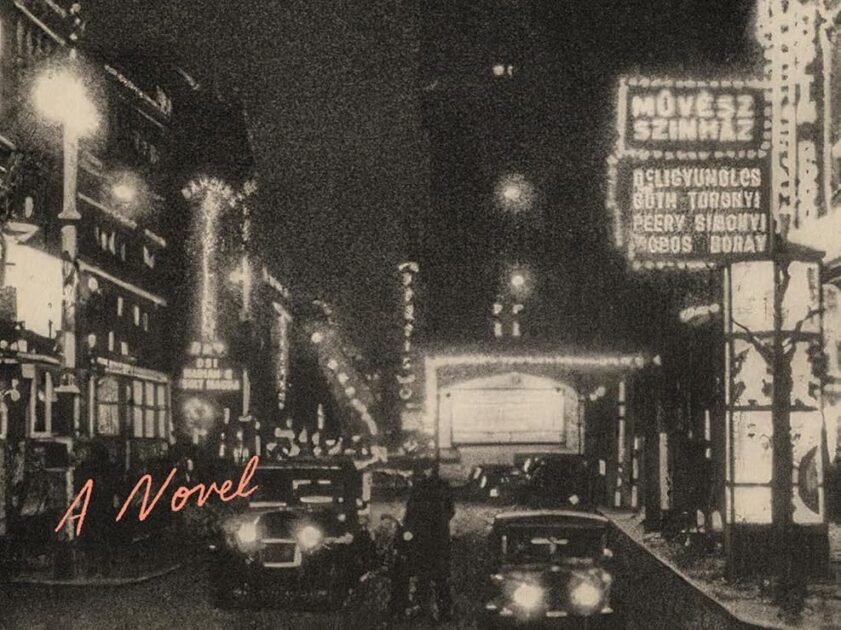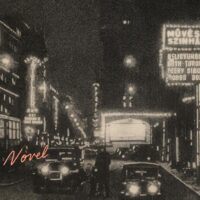Cover art for the book Shadow Ticket by Thomas Pynchon
I just finished reading the new book by Thomas Pynchon titled Shadow Ticket. The novel tells us there’s a war on or a war coming picking up where the last one let off. Those peace talks in Versailles weren’t as much about peace as they were about setting up the competition for the next round. There’s a tough guy who calls himself Hicks operating out of a private investigation company office in Milwaukee, Wisconsin with headquarters in New York City, Manhattan. Like most of the US PI shops this one got its start busting unions and union organizers heads for corporate America in the years of the robber barons and thereafter. The company shortens its registered name to U-Ops and the Milwaukee chief’s name is Boynt. Hicks knows the town Chicago but not like he knows Milwaukee with its bratwurst, beer and what the pulp detective writers call cheap dames. Cheap in this realm has little to do with character or job descriptions and much of the time it means something like down to earth, not fancy and with minimal bullshit, sometimes less bullshit than men. You know, straightforward as a fist in the gut or a cop not on the take. The time is the early 1930s, the fascists are making a name for themselves in Milwaukee, Washington, Italy, Germany and most of Europe. They’re also making a mess of the world like fascists tend to do. There’s a girl named Daphne who’s running away from her rich daddy but not his money and another young woman named April who sings in local clubs, dives and a theater or two. Both have a connection and occasional thing with Hicks, who spends a good part of Shadow Ticket chasing down Daphne for her daddy, the Al Capone of cheese, who says he doesn’t know what she’s up to even though he gets hotel bills she puts on his tab all the time.
In case you don’t know, most definitions of the phrase say a shadow ticket is a temporary reservation for a trip that holds the price without requiring immediate payment. Like when someone is playing cards without any chips of their own on the table but has enough bullshit in the tank to get the dealer to front a few hundred dollars worth of chips and deal a couple hands. At least that’s an approximate take. I suppose it’s something one can punch, too. I think I’ve punched a couple shadow tickets myself over time.
The fellow Hicks is a hard-boiled private eye, almost as hard-boiled as the language of Pynchon’s narrative. While reading the text I could hear the voice of some actor or the other in one of those black and white films I catch nowadays on a streaming device in the middle of some uneventful evening. I used to watch them on UHF television. You know the character, the hat and a suit off the rack, a small pistol and a non- filter cigarette, the smoke wisping in front of his face and a wisecrack on the tip of his tongue. Then on Pynchon’s next page I’m visualizing a pretty woman who’s not exactly a moll but she’s got a few tough guys and maybe even a cop a pinky finger coaxing away. There’s an extremely rich guy named Bruno who seems to have a monopoly on the cheese market. He’s known as the Al Capone of cheese. He’s a liar, a crook and a conman whose relationship with his daughter bears some scrutiny. His business success is related to selling fake cheese, his bluster and his lies, his borrowing from Peter to pay Paul and his understanding that power and threats are often more useful in the pursuit of profits than any assets one might have in hand. I couldn’t help thinking about the guy currently in the White House and the con he’s done for years.
As is often the case in a Pynchon novel, the women tend to be the most adventurous. Unlike Hicks, who just ends up in eventful circumstances, the women in Shadow Ticket—the heiress Daphne, the singer April and the previously unmentioned Tirikun, a motorcycle riding woman of intrigue, seek adventure and hope for disruption. Indeed, they create disruption, intentionally and otherwise. Sometimes the disruption is in their personal relationships and other times the disruption occurs in the world at large. Sometimes the former anticipates and provokes the latter. Like the Eve of Genesis, the role of women in Pynchon’s works is not to follow orders but to disrupt the conventional order. In other words, nothing is certain: not the patriarchy, not the nature and performance of love, and not the conduct of the business so often performed by the males of the species.
The reader (and a few of Shadow Ticket’s characters) know the war that is coming is another imperial war. New nations are being created by the powerful nations and their “armies are stooging for the entente that created them.” Mirroring Pynchon, our daily reality provides us with daily events that suggest this world is heading to its end. The media presents us with their version of those events, usually tailored to the sources of their funding. It’s a reason things often don’t make sense. Pynchon’s novels provide a different version, beholden not to money and its evils but to visions deeper, stranger and often darker. Ultimately, I would argue that they probably contain more truth. This novel is both prescient and a cleverly composed fiction reminding the reader who knows history how often it repeats itself yet never becomes any clearer.
Pynchon’s novels often contain a variety of conspiracies. Shadow Ticket is no exception. There are real ones, imaginary ones and allegorical ones. They include conspiracies between businessmen and conspiracies between political organizations. Like many if not most conspiracies, their aim is power and profit; their result is confusion and chaos. The world he writes about is a mad world—gangsters, dynamite junkies, anarchists, V-2 rockets, paranoid pot growers, paranoid cops, descendants of the Mayflower manifest whose erection predict V-2 targets, and Internet whizkids with Wall Street crooks. How does one make sense of the insanity that surrounds and involves us? Bob Dylan writes his songs, restructuring myths from the annals of history and tales from a row called Desolation. Pynchon writes about a world he seems to see as being filled with insanity despite pretenses to the opposite, so he presents his perception of it, seemingly believing that the madness is all there is. The longer I live on this planet the more I’m convinced that belief is the essential truth.
The post The World is Insane and Thomas Pynchon Knows It appeared first on CounterPunch.org.
From CounterPunch.org via this RSS feed


